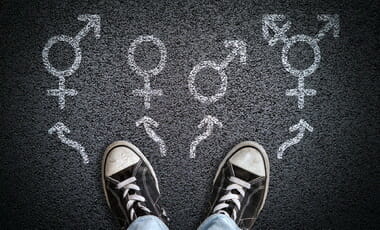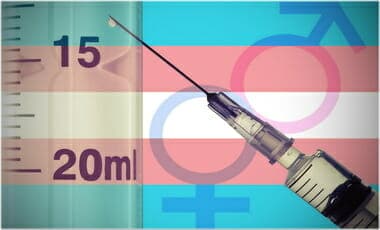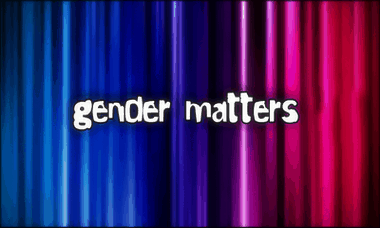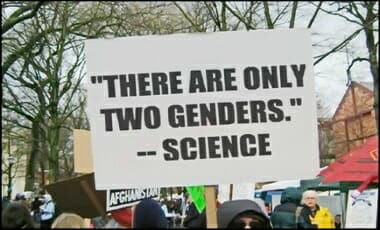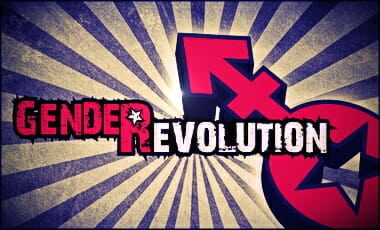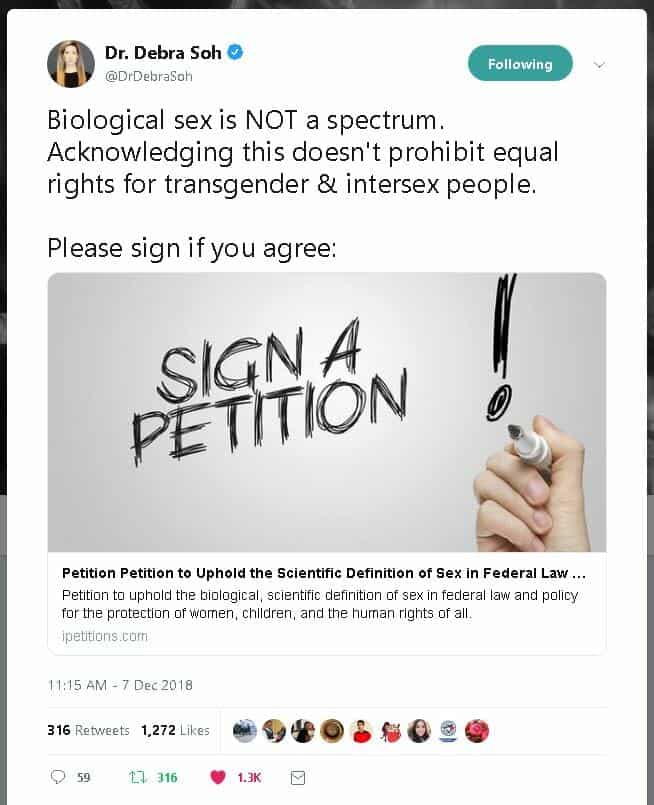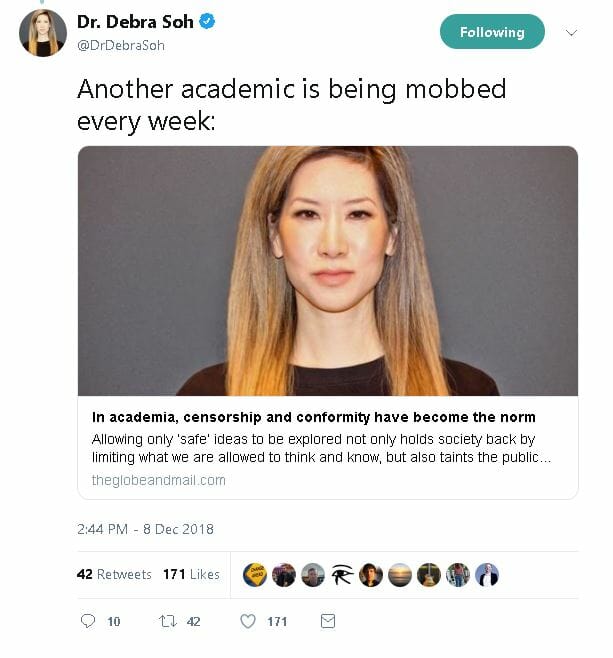For the first time in history, the medical industry has allowed people to self-diagnose themselves when it comes to gender dysphoria. And doctors must “affirm” this diagnosis. That goes for people of all ages, including children.
All that is bad enough. However, the worst part about that is not only is this model being used on children, but many doctors have allowed minors to make life-altering decisions under the guise of “affirming” that self-diagnosis.
Coincidentally, it just turns out that all that is “big business.”
Joe Rogan told Aaron Rodgers what we are all thinking. It’s that “gender-affirming care” may result in a load of lawsuits coming from children whose self-diagnosis was “affirmed” and the “doctors” encouraged them to make these life-altering decisions……
🚩 Joe Rogan & Aaron Rodgers on the Big Business Behind ‘Gender Affirming Care’
“It’s a business. My friend who’s a doctor told me that his friend, who is a plastic surgeon who moved into gender transition care,…gets $70,000 every time he does this. And he goes, ‘This guy is… pic.twitter.com/lhrHggzZVh
— Chief Nerd (@TheChiefNerd) February 7, 2024
Here is a part of the NYT’s article, I will emphasize the part that stood out to me followed by a video that affirms why people should speak up, in love::
Grace Powell was 12 or 13 when she discovered she could be a boy.
Growing up in a relatively conservative community in Grand Rapids, Mich., Powell, like many teenagers, didn’t feel comfortable in her own skin. She was unpopular and frequently bullied. Puberty made everything worse. She suffered from depression and was in and out of therapy.
“I felt so detached from my body, and the way it was developing felt hostile to me,” Powell told me. It was classic gender dysphoria, a feeling of discomfort with your sex.
Reading about transgender people online, Powell believed that the reason she didn’t feel comfortable in her body was that she was in the wrong body. Transitioning seemed like the obvious solution. The narrative she had heard and absorbed was that if you don’t transition, you’ll kill yourself.
At 17, desperate to begin hormone therapy, Powell broke the news to her parents. They sent her to a gender specialist to make sure she was serious. In the fall of her senior year of high school, she started cross-sex hormones. She had a double mastectomy the summer before college, then went off as a transgender man named Grayson to Sarah Lawrence College, where she was paired with a male roommate on a men’s floor. At 5-foot-3, she felt she came across as a very effeminate gay man.
At no point during her medical or surgical transition, Powell says, did anyone ask her about the reasons behind her gender dysphoria or her depression. At no point was she asked about her sexual orientation. And at no point was she asked about any previous trauma, and so neither the therapists nor the doctors ever learned that she’d been sexually abused as a child.
“I wish there had been more open conversations,” Powell, now 23 and detransitioned, told me. “But I was told there is one cure and one thing to do if this is your problem, and this will help you.”….
About a 55-seconds into the video this is said:
Everybody I told I was getting a sex change and blah blah blah. They all said ohh if that’s what – If that’s what you think is right, then go ahead and do it. You know, if you if – you if you feel good and feel good about it, you know if that’s what you want. Go go do it and.
How can that happen… when you’re supposed to be accountable for your brothers and sisters and help them out? According to what I read?
And they didn’t do it. They did not do it. And to this day, they thought I was going to be a disgrace to them. That’s why they didn’t do anything. They just told me that there’s the door said OK, you know.


